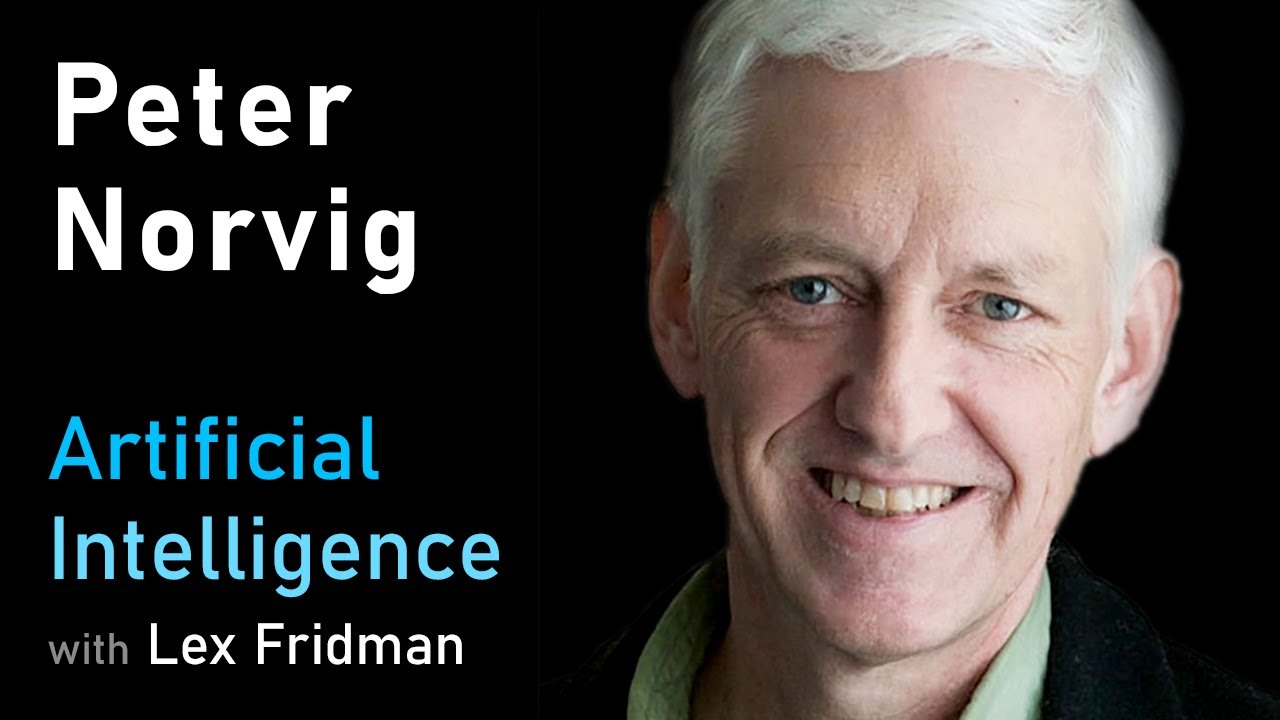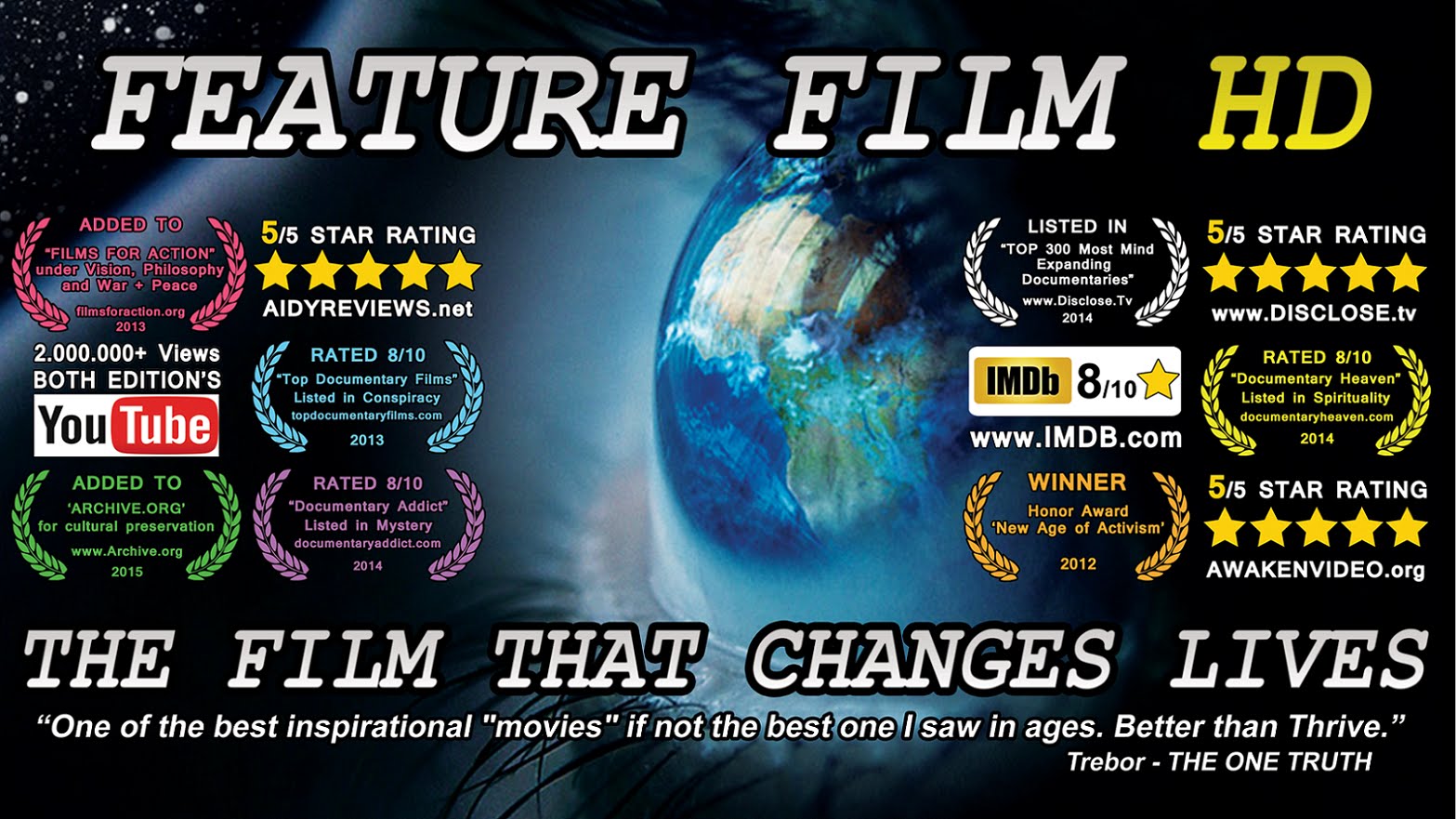Lex Fridman
Peter Norvig is a research director at Google and the co-author with Stuart Russell of the book Artificial Intelligence: A Modern Approach that educated and inspired a whole generation of researchers including myself to get into the field. This conversation is part of the Artificial Intelligence podcast.
INFO:
Podcast website:
https://lexfridman.com/ai
iTunes:
https://apple.co/2lwqZIr
Spotify:
https://spoti.fi/2nEwCF8
RSS:
https://lexfridman.com/category/ai/feed/
Full episodes playlist:
https://www.youtube.com/playlist?list=PLrAXtmErZgOdP_8GztsuKi9nrraNbKKp4
Clips playlist:
https://www.youtube.com/playlist?list=PLrAXtmErZgOeciFP3CBCIEElOJeitOr41
EPISODE LINKS:
Peter web: http://norvig.com/
OUTLINE:
0:00 – Introduction
0:37 – Artificial Intelligence: A Modern Approach
9:11 – Covering the entire field of AI
15:42 – Expert systems and knowledge representation
18:31 – Explainable AI
23:15 – Trust
25:47 – Education – Intro to AI – MOOC
32:43 – Learning to program in 10 years
37:12 – Changing nature of mastery
40:01 – Code review
41:17 – How have you changed as a programmer
43:05 – LISP
47:41 – Python
48:32 – Early days of Google Search
53:24 – What does it take to build human-level intelligence
55:14 – Her
57:00 – Test of intelligence
58:41 – Future threats from AI
1:00:58 – Exciting open problems in AI
CONNECT:
– Subscribe to this YouTube channel
– Twitter: https://twitter.com/lexfridman
– LinkedIn: https://www.linkedin.com/in/lexfridman
– Facebook: https://www.facebook.com/lexfridman
– Instagram: https://www.instagram.com/lexfridman
– Medium: https://medium.com/@lexfridman
– Support on Patreon: https://www.patreon.com/lexfridman
Source




I really enjoyed this conversation with Peter. Here's the outline:
0:00 – Introduction
0:37 – Artificial Intelligence: A Modern Approach
9:11 – Covering the entire field of AI
15:42 – Expert systems and knowledge representation
18:31 – Explainable AI
23:15 – Trust
25:47 – Education – Intro to AI – MOOC
32:43 – Learning to program in 10 years
37:12 – Changing nature of mastery
40:01 – Code review
41:17 – How have you changed as a programmer
43:05 – LISP
47:41 – Python
48:32 – Early days of Google Search
53:24 – What does it take to build human-level intelligence
55:14 – Her
57:00 – Test of intelligence
58:41 – Future threats from AI
1:00:58 – Exciting open problems in AI
"Part of the problem is we're seduced by our low-dimensional metaphors." I agree. Just like how squirrels are seduced by acorns.
Let me pay a monthly fee for apps that are on my side please. IDGAF about free cost I want a free mind.
Why did you take down the Siraj Raval interview? 🤔
I think AI also needs the symbolic approach. As an example: so that an agent with AI can understand and generate humor. In the connectionist/neural approach I see that task very very far in the future.
Google is a cult hidden behind the empty promises of technology. The fact that they are leading us into the pitch black future without a torch or a mandate is terrifying. We are woodland creatures living in a machine. There is no happiness this way. We must turn back.
At 52:49 Peter Norvig acknowledges Al Gore's role in promoting the idea of a 'commercial' version of Arpanet. Gore has always been ridiculed by some for claiming that the 'invented' the Internet when in fact he made no such claim…what is fair to say…and Peter Norvig supports this notion…is that Gore was a.father of the commercial Internet and therefore a father of the vibrant technological marvel that 'the' Internet is today.
34:40 He said Java Script!! The Revolution is happening
Your book is awsome, cant wait to get 4 th edition 🙂
When is the 'Artificial Intelligence: A Modern Approach 4th edition' going to be released?
All approaches to artificial intelligence are modern approaches.
In programming, assembling indeed makes it much faster to complete projects, but I find manufacturing far more interesting.
LISP part of interview was nice!
Great podcast,
@5:30 there is a discussion of race and bias. One could make an argument that there is only one race = human race, Homo sapiens.
Make race a non value in the case of AI and ML and observe the self imposed limitations and biases related to race go away.
This was fantastic.
Reading manuals is not optimized for my cognition. Too many targets….too little time.
This podcast series is becoming some of my favourite content on the internet. Thank you so much for providing us with this!
That shirt is incredible
@59:24 "I'm certainly not worried about the robot apocaLISP"
Really great questions and really interesting answers. The AI to help coders was an interesting idea, especially for education. Students would find this really useful.
watched
facebook.com/ryan.galaviz.775/posts/542614076501075 Textual format for violations against the 5th amendment and then unto the 2nd amendment via alternations in physics.
A more elaborate introduction of the Peter Norvig would be great
I loved this one. He is so simple and questions were also very good. Leaving 50 MOOCs half way oddly made me feel good as I feel guilty when I don’t finish one !
Peter is my favorite computer scientist, I got interested in Lisp and history of programming via his work. He has a very personal style of writing tech too, Sudoku solver for example. I had a similar motivation when created a Yazzy automatic player in Python few years ago. Glad to see him interview in this manner.
You can't satisfy both the protected class criteria and accurate prediction re: recidivism because race is real and manifests itself in behavior. There is no AI ethical quandary, there is simply the fact that black people have higher recidivism rates than other demographics.
Discus white holes.
I relate so hard to reading the manual problem. I was working on a group project where we have to program some custom hardware. My teammates got really angry with me because weeks went by and I'd written maybe a line of code while they were finishing up. I was spending 6 hours at a time reading documentation, so as far as they could tell I'm just a lazy bum.
I didn't even have a good defence because the more I read, the more I questions I got/less I understood about how to use the damn thing.
Cool grandpa i wish i had.
What if moocs were taught second life style? Why no one has ventured into this possibility?
Interesting quote he says is information and knowledge is good but even better is the motivation, the attitude. Soo true about this part cuz u gotta learn new things motivated. Thats why jim kwik says emotions with information. Long term memory. Humans must have good mood when we learn.
give me haskell, or give me buffer-overflows. 😐
Java + Lisp = JScheme small pure code <3